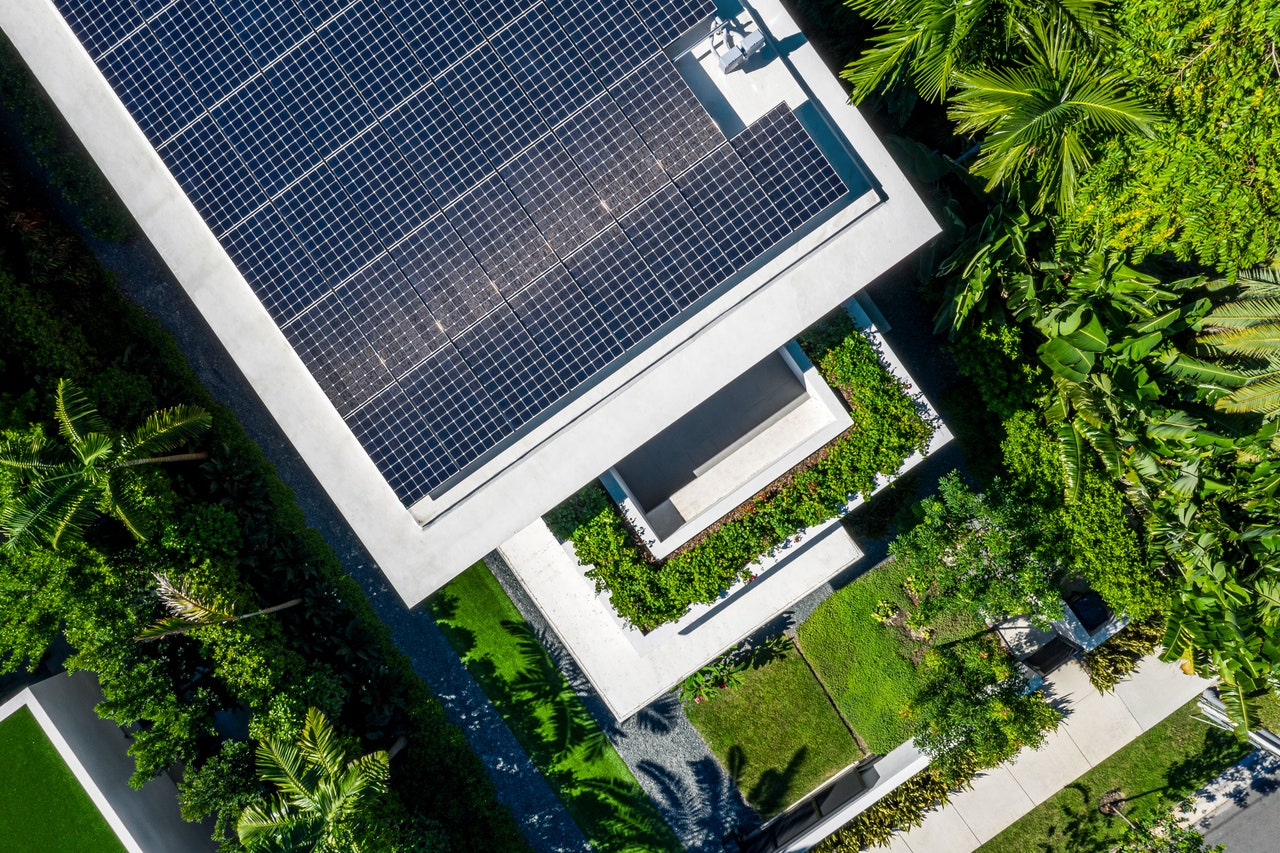
Building Owners and Sustainability: Creating a Greener Future
Introduction
Sustainability in the built environment is of utmost importance in today’s world. As the effects of climate change become more prevalent, building owners need to play an active role in promoting sustainability. This article explores the significance of building owners’ involvement in sustainability initiatives, emphasizing their responsibility towards creating a greener future.
Historical Background
The evolution of sustainability practices in buildings has a rich history. Early efforts by building owners to promote sustainability laid the foundation for the eco-conscious practices we see today. These pioneers recognized the need for responsible resource consumption and initiated measures to minimize environmental impact.
Key Concepts and Definitions
To fully grasp the concept of sustainability in buildings, it is essential to define its meaning within this context. Building owners play a pivotal role in sustainability initiatives, acting as catalysts for change. Additionally, green building certifications and standards provide frameworks for measuring and recognizing sustainable practices, guiding building owners towards environmentally conscious decisions.

Main Discussion Points
Implementing Energy Efficiency Measures
Energy efficiency is a crucial aspect of sustainability. By reducing their carbon footprint, building owners contribute significantly to a sustainable future. Strategies such as optimizing insulation, installing energy-efficient appliances, and utilizing renewable energy sources are key to improving energy efficiency. Energy-efficient buildings not only benefit the environment but also offer financial savings for owners and enhanced comfort for occupants.
Incorporating Renewable Energy Systems
Harnessing renewable energy sources is a game-changer in sustainable building practices. Building owners can take advantage of various renewable energy systems, such as solar panels, wind turbines, and geothermal systems. These systems provide numerous advantages, including reduced reliance on fossil fuels, lower energy bills, and decreased greenhouse gas emissions. Government incentives and financial support further encourage building owners to adopt renewable energy solutions.
Implementing Sustainable Water Management:
Water conservation is another critical aspect of building sustainability. Building owners can implement strategies such as rainwater harvesting, efficient irrigation systems, and low-flow fixtures to minimize water consumption. Sustainable water management not only helps conserve this precious resource but also offers financial savings and promotes environmental stewardship. Innovative technologies like greywater recycling systems further enhance water efficiency in buildings.
Promoting Indoor Environmental Quality
Indoor environmental quality significantly impacts occupants’ health and comfort. Building owners can prioritize sustainable indoor environments by improving air quality through proper ventilation systems, using non-toxic building materials, and incorporating natural lighting. Sustainable indoor environments lead to increased productivity, improved well-being, and reduced healthcare costs for occupants.
Case Studies or Examples
Real-world examples of building owners successfully promoting sustainability serve as inspiration for others. Highlighting these initiatives and their outcomes showcases the tangible benefits of sustainable practices. These case studies demonstrate the positive impact building owners can have on the environment, occupants, and their own bottom line.
Current Trends or Developments
Keeping abreast of recent trends and developments in sustainability practices is crucial for building owners. Emerging technologies and innovations in the field offer new opportunities for increased sustainability. Research findings related to building sustainability provide valuable insights and guidance for implementing best practices.
Challenges or Controversies
Building owners face common challenges in promoting sustainability, such as initial costs, lack of awareness, and resistance to change. Controversies and differing viewpoints surrounding sustainability initiatives also exist. Identifying and addressing these challenges and controversies are essential steps towards wider adoption of sustainable practices.
Future Outlook
The future holds immense potential for building owners’ role in sustainability. Speculating on the implications and directions for sustainability practices, this section explores predictions for the evolution of the built environment. Policy changes and industry developments are also discussed, highlighting the potential for continued progress in sustainability efforts.
Conclusion
In conclusion, building owners play a crucial role in promoting sustainability in the built environment. By implementing energy efficiency measures, incorporating renewable energy systems, prioritizing sustainable water management, and promoting indoor environmental quality, building owners can contribute significantly to a greener future. It is imperative that building owners prioritize sustainability initiatives and take action to create a more sustainable world.